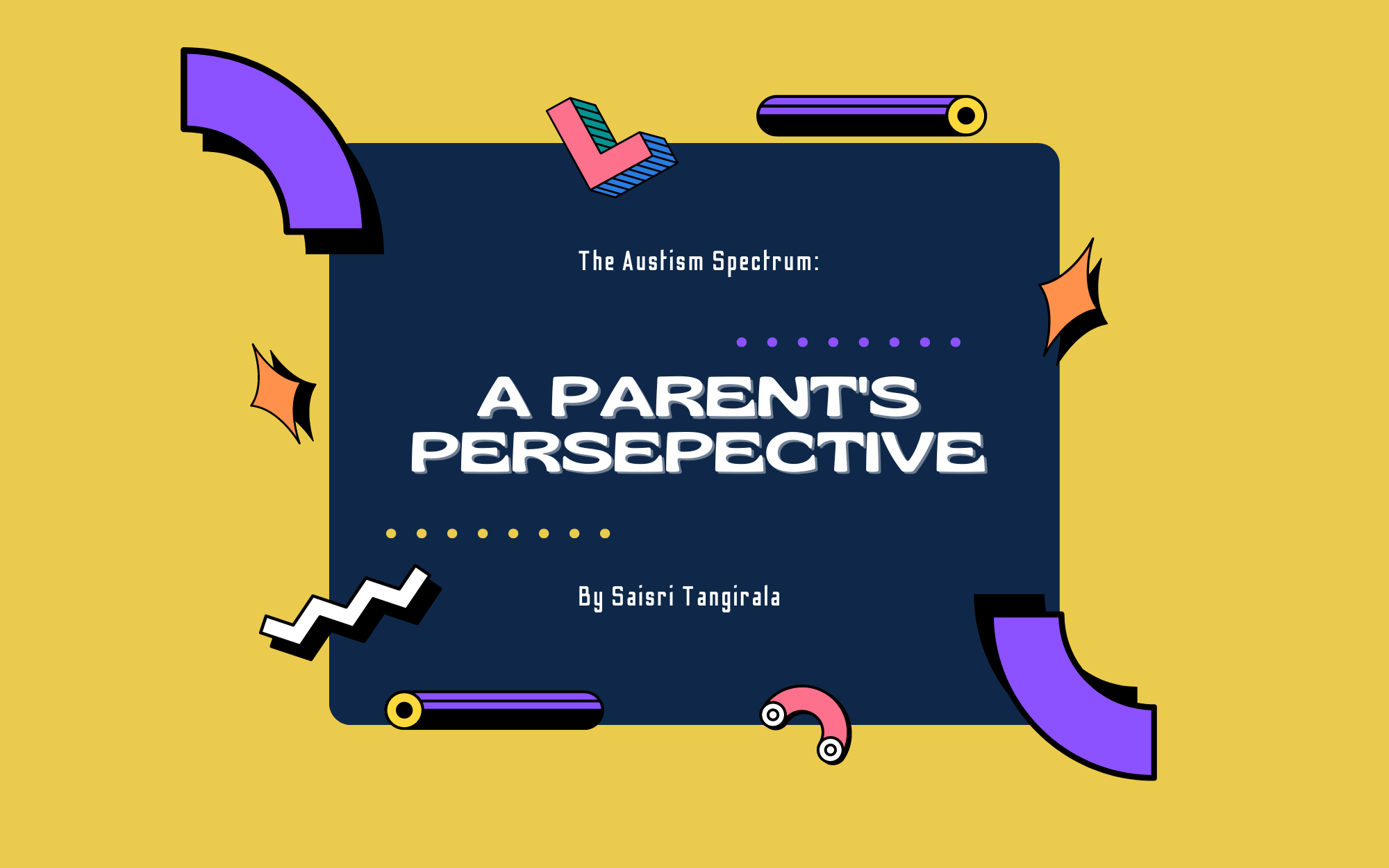Autism Spectrum: A Parent's Perspective
August 2022 • written by Saisri Tangirala • edited by Anshul Gupta

A Parent's Perspective
When children are identified on the autism spectrum, it is not only the children who have to work with the diagnosis but parents as well. Parents are constantly learning everyday with their children about living with and embracing autism.
For parents, the first diagnosis on the spectrum may be accompanied with uncertainty and conflicting emotions. Some may feel reluctant to accept their child’s diagnosis while others may feel relieved that they know what their child is experiencing. At times, both parents and children may find this newfound experience challenging.
Parents may also discover that they need to make some new changes in their everyday life and find new methods to bond with their children. They may also experience financial strains and find that they need support from friends and family. Parents should know that these circumstances are normal and seek support when needed.

Helping children can also help parents face concerns over autism and take appropriate measures for those on the spectrum. By learning new information about autism, parents and researchers alike have found ways to be supportive of children on the spectrum:
- Maintain consistency. Being consistent allows children to apply and remember what they have learned not just in school, but at home as well. Doing the same things that children are used to allows them to be comfortable while transferring behaviors or lessons they have learned.
- Put together a schedule. Having a schedule reinforces consistency, allowing children to follow routines for a suitable day-to-day lifestyle with minimum disturbances.
- Create a safe and positive environment. Having an environment where the child, and the parent, feels positive and secure can help them be more confident and further their skills. Being aware of what children need can greatly help with being reassured in one’s surroundings.
- Find support if needed. Raising a child, not only one on the spectrum, can demand a lot of time and energy. Both parents and children have to navigate the spectrum, and it is OK to undergo mixed feelings. It is essential for parents to take care of themselves as well as their children. There are support groups, care, and counseling parties available to help parents care for children with autism.
Working together to keep a consistent and positive environment helps in dealing with new challenges. Interactions between parents and children can help children develop abilities such as social communication, motor skills, and visual skills. Early intervention is important to identify how children learn best and what they enjoy while doing so.
